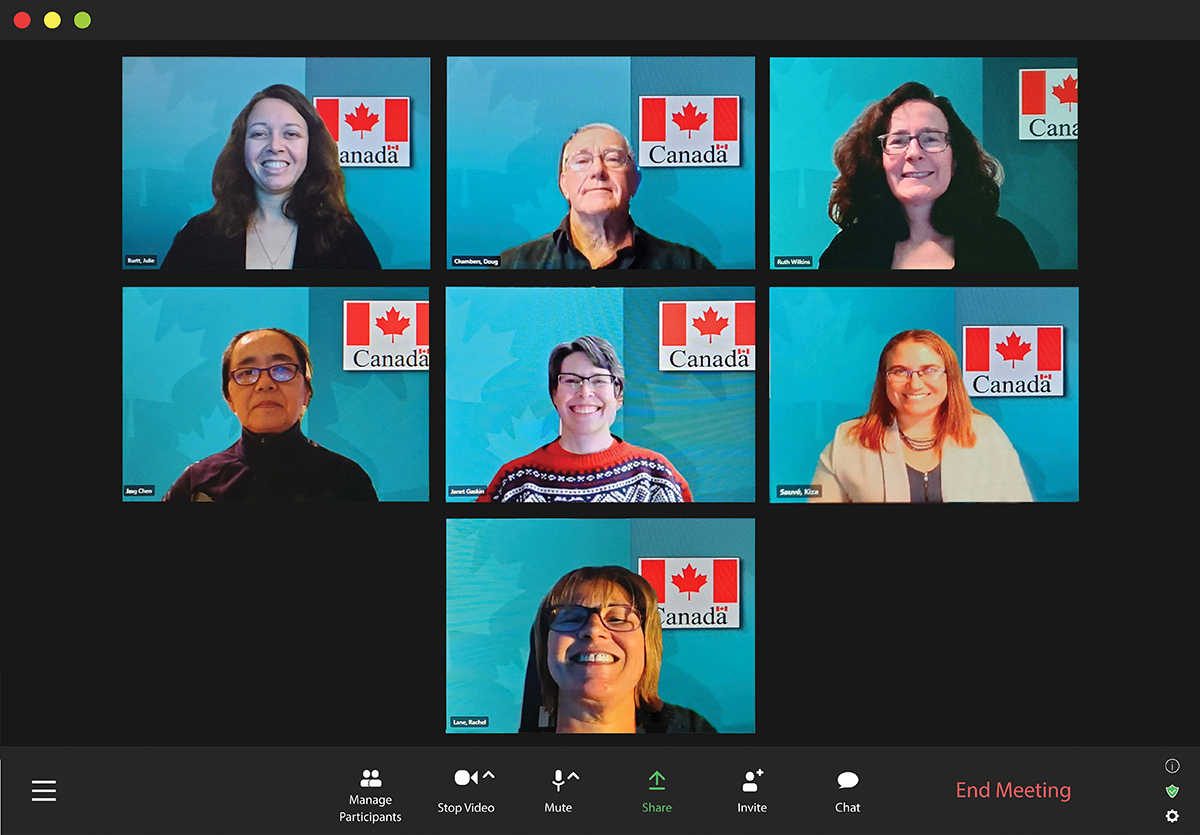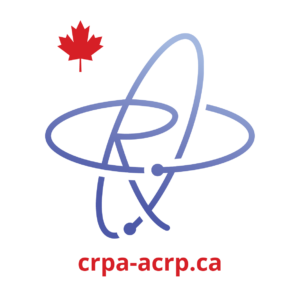The 67th Session of the United Nations Scientific Committee on the Effects of Atomic Radiation (UNSCEAR) Went Virtual in 2020
The entire world had to reinvent the way it works in response to the COVID-19 pandemic, and the United Nations Scientific Committee on the Effects of Atomic Radiation (UNSCEAR) was no different. For the first time in history, UNSCEAR held its 67th Session virtually (instead of hosting it in Vienna) from November 2 to 6, 2020.
The online meeting was attended by over 200 participants from 27 member states, four observer countries, and 11 international observer organizations, as well as numerous consultants and experts.
Member states
- Argentina
- Australia
- Belarus
- Belgium
- Brazil
- Canada
- China
- Egypt
- Finland
- France
- Germany
- India
- Indonesia
- Japan
- Mexico
- Pakistan
- Peru
- Poland
- Republic of Korea
- Russia
- Slovakia
- Spain
- Sudan
- Sweden
- Ukraine
- United Kingdom
- United States
Observer countries
- Algeria
- Iran
- Norway
- United Arab Emirates
International observer organizations
- European Union
- Food and Agriculture Organization
- International Agency for Research on Cancer
- International Atomic Energy Agency
- International Commission on Radiation Units and Measurements
- International Commission on Radiological Protection
- International Labour Organization
- Nuclear Energy Agency
- Preparatory Commission for the Comprehensive Nuclear-Test-Ban Treaty Organization
- United Nations Environment Programme
- World Health Organization
The Canadian delegation consisted of scientists from Health Canada, the Canadian Nuclear Safety Commission, and ARCADIS Canada Inc.
The Canadian delegation
Health Canada
- Jing Chen (representative)
- Ruth Wilkins (alternate)
- Janet Gaskin (advisor)
Canadian Nuclear Safety Commission
- Kiza Sauvé (advisor)
- Rachel Lane (advisor)
- Julie Burtt (advisor)
ARCADIS Canada Inc.
- Douglas Chambers (advisor)
While working hard reviewing session documents, the Canadian delegation also had a lot of fun in our team meetings (see photo).

The Canadian delegation: (top, left to right) Julie Burtt, Douglas Chambers, Ruth Wilkins; (middle, left to right) Jing Chen, Janet Gaskin, Kiza Sauvé; (bottom) Rachel Lane.
Prior to the session, the Canadian delegates, supported by several Canadian experts, reviewed and provided constructive comments on the following four draft reports:
- Evaluation of Medical Exposures to Ionizing Radiation
- Biological Mechanisms Relevant for the Inference of Cancer Risks from Low-Dose Radiation
- Levels and Effects of Radiation Exposure Due to the Accident at the Fukushima Daiichi Nuclear Power Station: Implications of Information Published Since the 2013 UNSCEAR Report
- Evaluation of Occupational Exposures to Ionizing Radiation
After several years of technical review, UNSCEAR approved all of the documents except Evaluation of Occupational Exposures to Ionizing Radiation for publication after its 67th Session. Publication of the Fukushima document was a top priority for UNSCEAR to ensure publication in time for the 10th anniversary (in March 2021) of the devastating earthquake, tsunami, and nuclear accident in Japan. The fourth document, Evaluation of Occupational Exposures to Ionizing Radiation, will go through another detailed review, with approval for publication anticipated after the 68th Session of UNSCEAR in June 2021.
UNSCEAR also considered the following progress reports:
- Second Primary Cancer After Radiotherapy
- Epidemiological Studies of Radiation and Cancer
- Public Exposure due to Ionizing Radiation from Natural and Man-Made Sources
- Implementation of the Committee’s Strategy to Improve Collection, Analysis and Dissemination of Data on Radiation Exposures
- Implementation of Public Information and Outreach for 2020 to 2024
At the time of the meeting, the UNSCEAR Secretariat was facing the stress of additional restrictions imposed in Vienna due to a second (and much larger) wave of COVID-19 infections. To add to this difficulty, a senseless act of violence occurred in Vienna[1] on the evening of the first day of the meeting. In the face of these difficult conditions, the Secretariat demonstrated tremendous resilience and ensured the meeting progressed successfully. In these uncertain times, I am comforted by the professionalism and hard work of so many sharing a common goal of scientific rigour.
 Julie Burtt
Julie Burtt
Julie Burtt is a radiation and health sciences officer with the Canadian Nuclear Safety Commission. Her research focuses on potential health effects from exposure to low doses of radiation. She was an advisor for the Canadian delegation to the United Nations Scientific Committee on the Effects of Atomic Radiation (UNSCEAR) in 2019 and 2020.
1. Five people died (including one assailant) and 17 others were wounded in a terrorist shooting in the heart of Vienna on Monday, November 2, 2020.
Do you want to read more articles like this?
The Bulletin is published by the Canadian Radiation Protection Association (CRPA). It’s a must-read publication for radiation protection professionals in Canada. The editorial content delivers the insights, information, advice, and valuable solutions that radiation protection professionals need to stay at the forefront of their profession.
Sign up today and we’ll send you an email each time a new edition goes live. In between issues, check back often for updates and new articles.
Don’t miss an issue. Subscribe now!
Subscribe

 Julie Burtt
Julie Burtt
